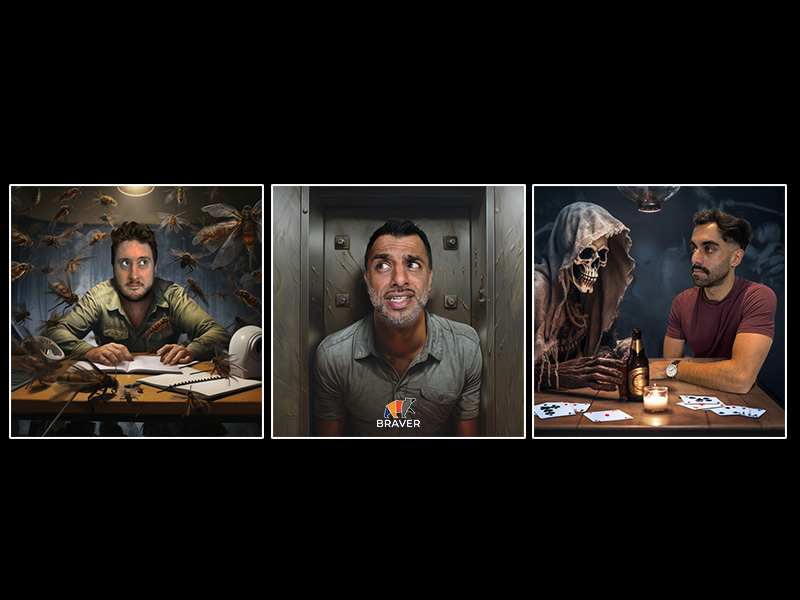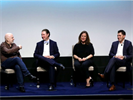Maja Pawinska Sims 22 Sep 2023 // 2:54PM GMT

LONDON — A new talent and DE&I consultancy, Braver, has launched to challenge marketing and communications companies to be more courageous with their workplace and employment practices, by placing an emphasis on people’s potential, rather than hiring purely based on experience.
Braver has been co-founded by Sheeraz Gulsher and Darain Faraz of not-for-profit People Like Us, which supports journalism, marketing, and communications professionals from Black, Asian, mixed race and minoritised ethnic backgrounds, along with Mike Levaggi, co-creator of the PR industry’s gender and ethnicity Pay Gap Project.
The company will help businesses attract, find, retain and grow talent, with a mission of making the industry more diverse and inclusive in terms of gender, ethnicity, socio-economics, sexuality, age, neurodiversity and disability.
Braver will offer evaluation services and consultancy on workplace policies and practices, as well as tailored recruitment services using a proprietary skills, personality and perspectives profiling system that aims to unlock talent from different backgrounds and other industries.
The consultancy will adopt a ‘Rooney Rule’ policy – only sending shortlists that include a minimum of one diverse candidate – and will offer substantial discounts to clients that publish their ethnicity and gender pay-gap data.
Braver has set up founding partnerships with agencies including Hope&Glory PR, Kingdom Collective, Leagas Delaney, Shape History and The Romans.
Gulsher said: “While we are really proud of the impact that People Like Us and the Pay Gap Project have delivered, we hear time and time again that while companies want to improve, the issue is finding diverse talent in the first place, especially at more senior levels.
“There are two reasons for this. One, the focus on diversity and understanding of inclusion is a fairly new thing, so there is a scarcity of people available at those levels. People either haven’t been in the industry long enough, or have left. The second issue is with the way we look at recruitment. We place all the emphasis on work experience. However, if only 8% of the industry are diverse, the numbers won’t change if we only hire people from within it.”
Faraz added: “If you’re hiring diverse talent because you think you should, you may be right, but you’re set up for failure. You need to want to. And it starts by understanding the makeup and culture of your own business. If the business isn’t inclusive, you may attract diverse talent, but you will struggle to retain it.
“Our process helps companies to listen, understand and then take action, helping to build and retain teams that deliver quality work by creating an environment of creativity, collaboration, and inclusivity where people can thrive.”
According to the PRCA’s 2020 Census, only 8% of PR professionals in the UK identify as Black, Asian, or minority ethnic, while individuals from these backgrounds make up 19% of the UK population. Similarly, only 7% of PR professionals identify as having a disability, compared to 22% of the UK population.
Levaggi said: “The superpower of our industry comes not just from creativity and media know-how, but from being able to bridge the gap between brands and their audiences. However, as the makeup of the UK population has changed to be more diverse, the industry hasn’t. If we want to maintain relevance, it's a commercial imperative to look forward and ensure we represent and can relate to the people we’re communicating to.”


































.jpg)






.tmb-135x100.png)










